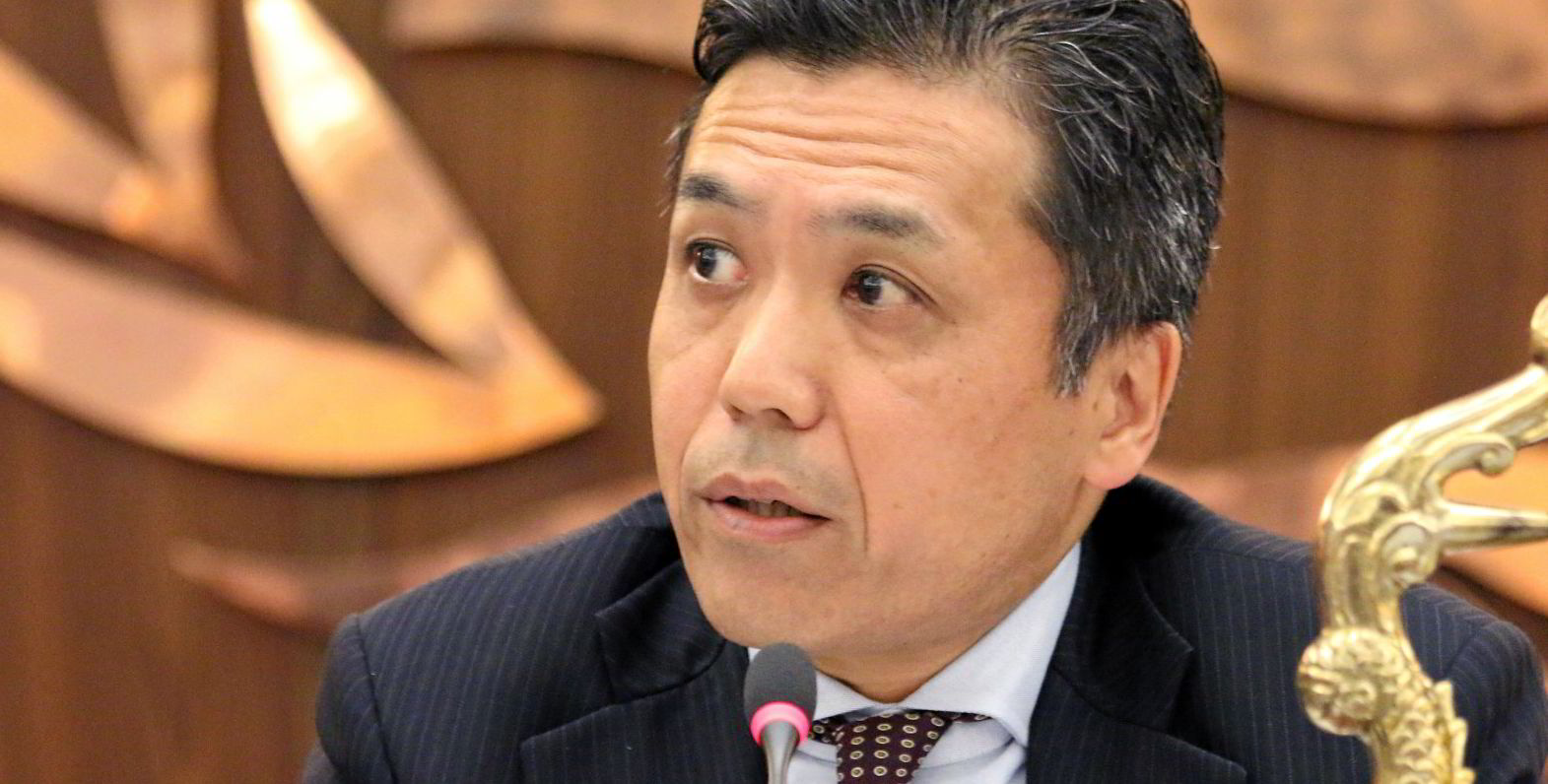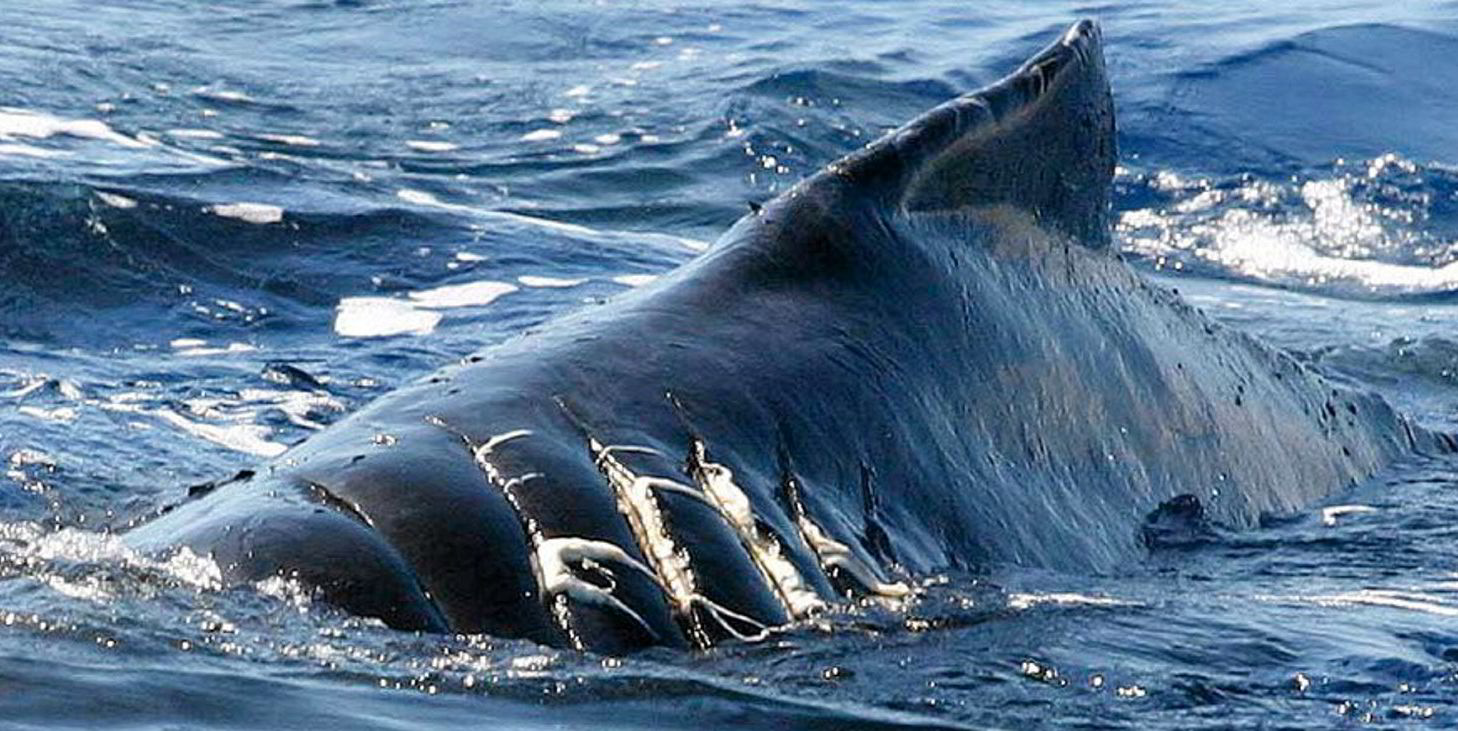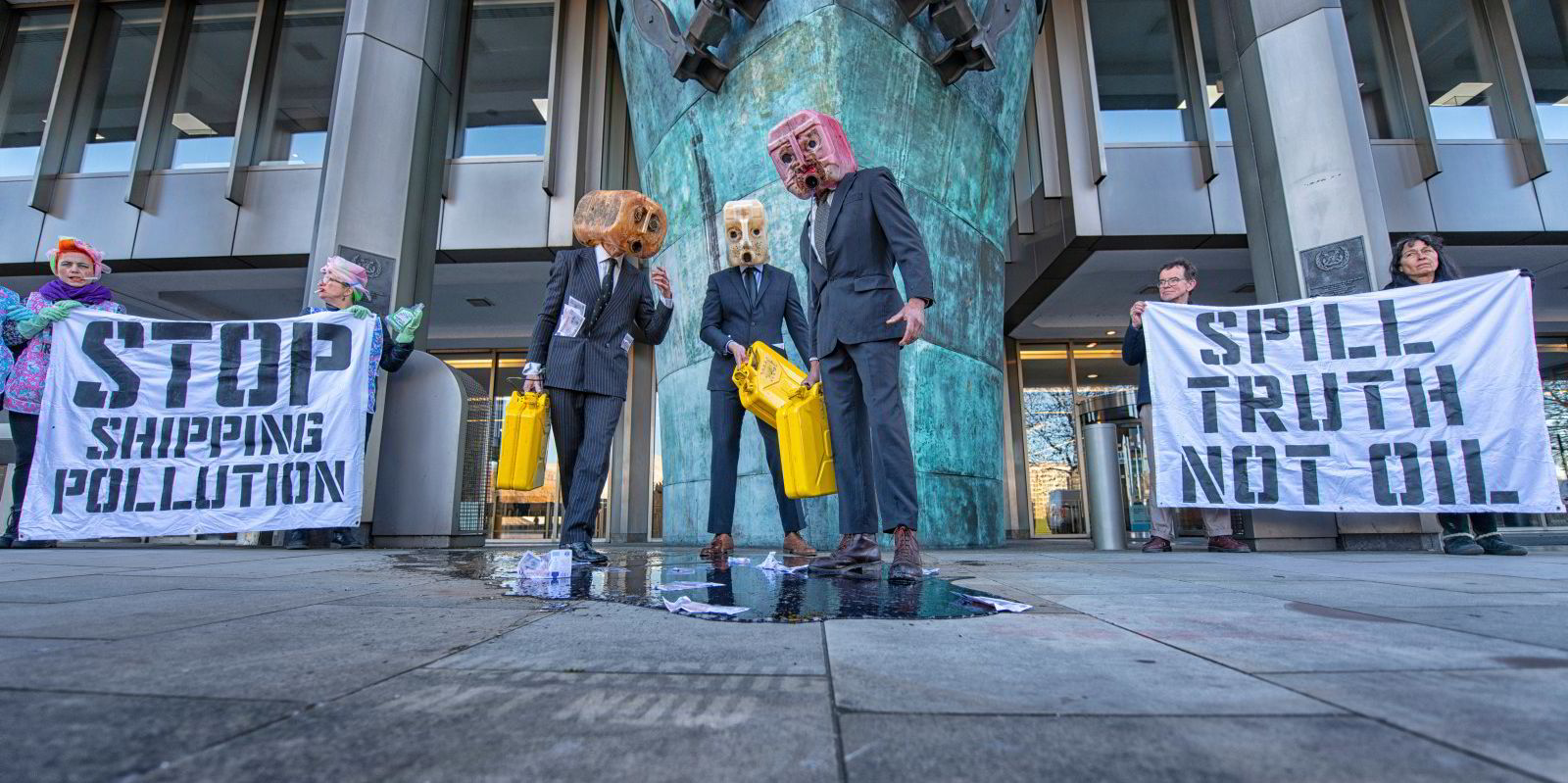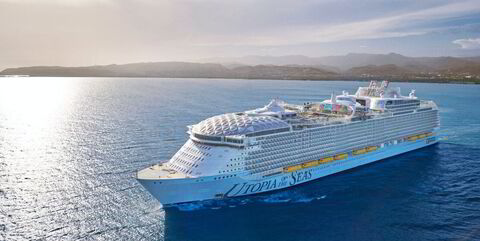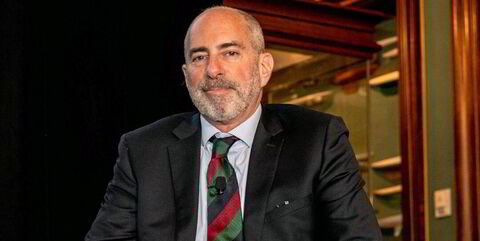The International Maritime Organization's key environment committee appeared to reject a proposed resolution committing the UN body to cut shipping's greenhouse gas emissions to zero by 2050.
But its chairman said the views expressed in a debate that opened a weeklong meeting showed support for upping the ambition of decarbonisation targets through a review process.
Hideaki Saito, chairman of the IMO's Marine Environment Protection Committee (MEPC), said some nations supported the zero-carbon proposal by climate-vulnerable nations,
"This was not the general view of the committee," he said on Tuesday after discussion of the resolution took up most of the first two days of the meeting
"I think all delegations that took the floor recognised the need to work on strengthening the ambition of the initial GHG [greenhouse gas] strategy during its revision in line with the outcome of COP26."
But he said delegations recognised factors that will have to be examined, such as the need to send a clear signal on the IMO's commitment to reduce GHG emissions from ships to achieve net-zero emissions for ships.
Saito said the MEPC can agree to invite member states to submit concrete proposals for revising the strategy. The proposals would be considered at MEPC's 2022 meeting.

Several countries, including the US and Iceland, came out in support of the proposal by Kiribati, the Marshall Islands and the Solomon Islands for a clear statement from MEPC that the IMO must focus on zero greenhouse gas emissions by 2050.
Most countries, while they supported upping the IMO's target from its current goal calling for a 50% greenhouse gas emission cut, focused on a strategy review already scheduled for 2023.
Others, including Saudi Arabia and China, were more stridently opposed to hiking the IMO's ambition quickly. Several developing nations sought to put focus on the need for technology transfer and measures to ensure that their economies were not unfairly impacted by decarbonisation.
Saito's reference to net-zero carbon emissions drew quick reaction from the Clean Shipping Coalition, a grouping of environmental groups whose representative defied a threat from the MEPC chairman
"If you are talking about your intervention ... on the level of ambition or the revision of strategy, I shall cut your intervention off immediately," the chairman warned.
"You might want to cut me off straight away," responded John Maggs, senior policy advisor for coalition member Seas at Risk.
Maggs said most countries were not referring to net zero, but were instead focussed on absolute zero emissions from shipping.
"We're just concerned that we might get locked in at an early stage by your summary by using the phraseology," he said, without getting cut off.
